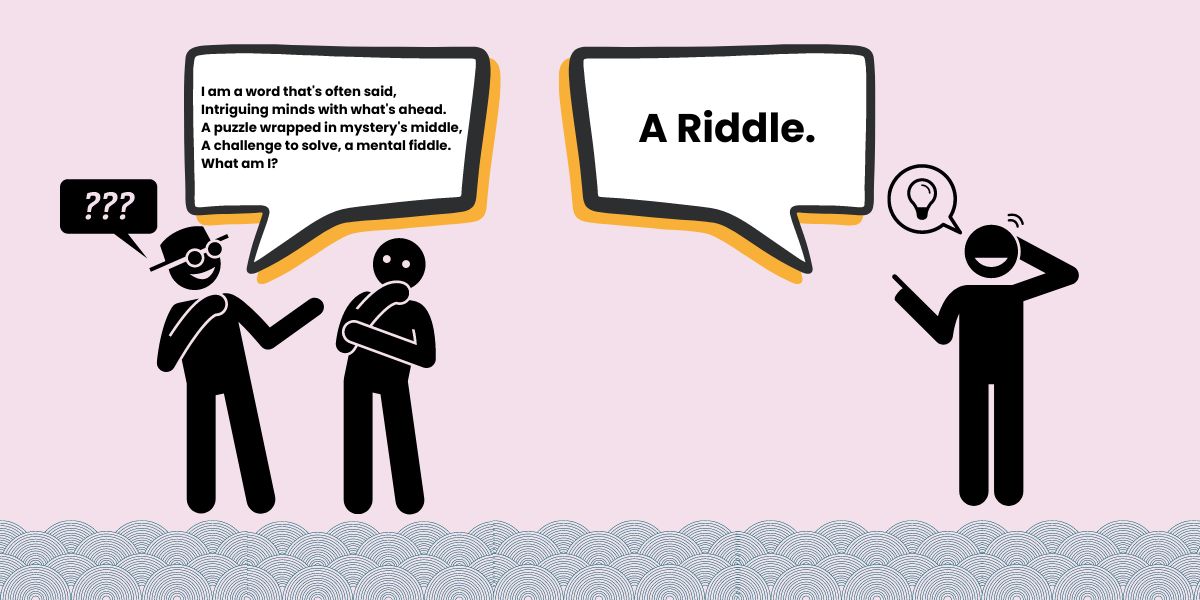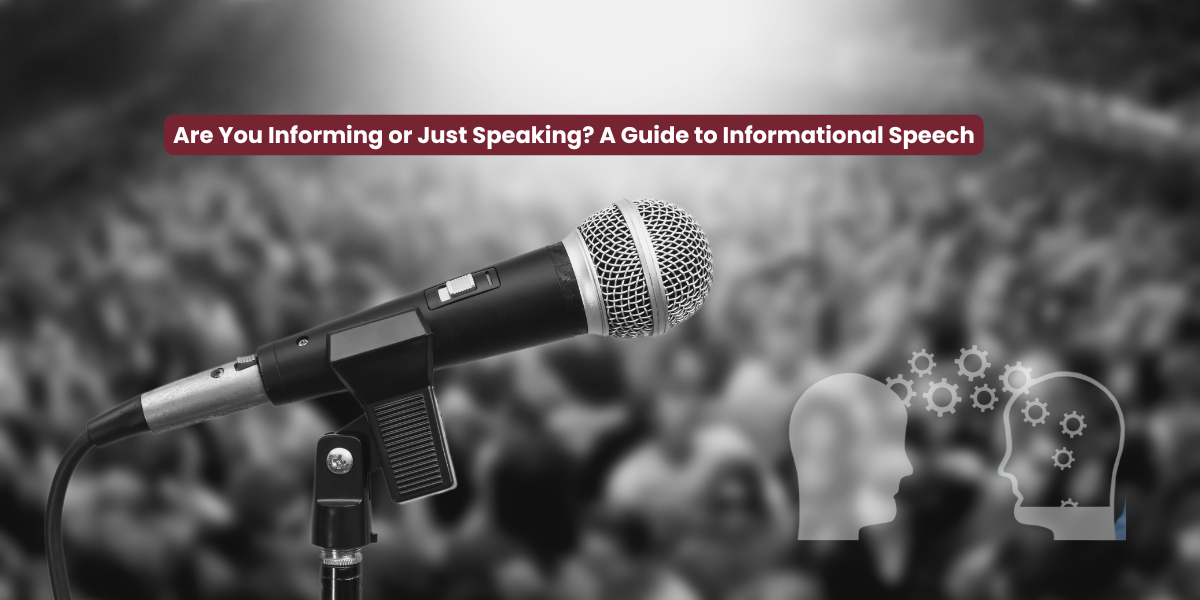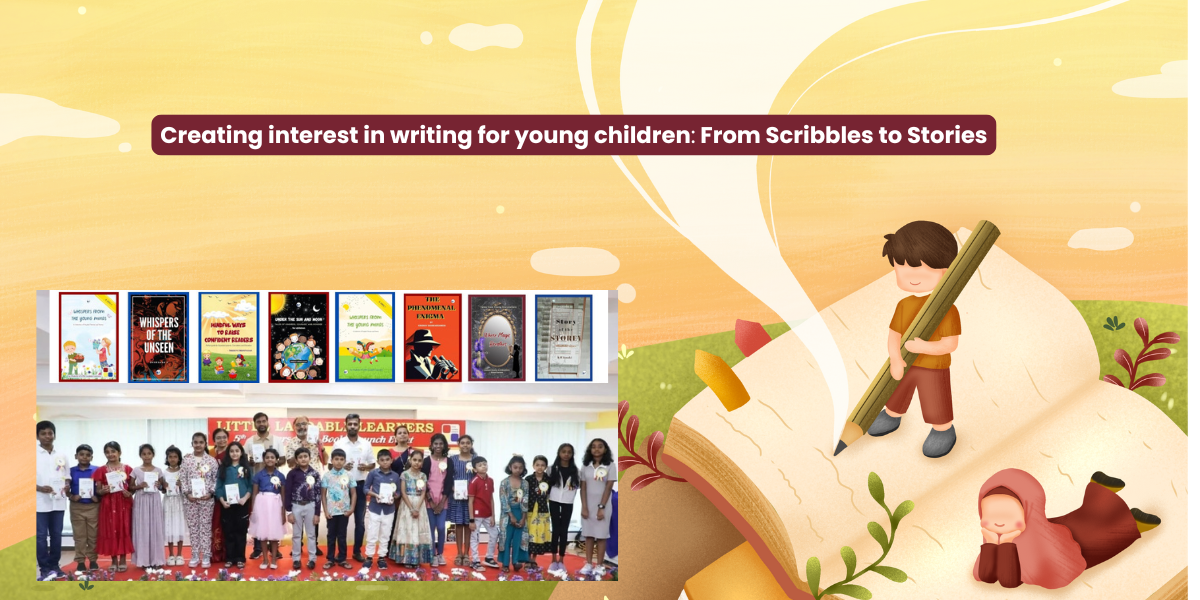
Riddles – Unveiling the Charm of Puzzling Paradoxes
In the tapestry of human language and culture, riddles stand as intricate threads. They weave a mysterious and captivating narrative. A riddle, at its essence, is a conundrum wrapped in the cloak of cleverly crafted words. It challenges minds and sparks flames of curiosity. These enigmatic puzzles have traversed the annals of time. They transcend cultural boundaries and leave an indelible mark on the fabric of human communication.
A riddle is not merely a linguistic game; it is an art form that requires both wit and wisdom to unravel. Often riddles take the form of a question or statement. A riddle invites its audience to embark on a mental journey. They seek the hidden truths that lie beneath the surface. Like ancient keys to the doors of knowledge. Riddles beckon us to unlock the portals of imagination and intellect.
Riddles often dance on the fine line between simplicity and complexity. It challenges our cognitive abilities in the most delightful way. A well-crafted riddle is a symphony of language, a melody of metaphors, and a dance of double meanings. It beckons us to view the ordinary through an extraordinary lens. It urges us to unravel the layers of meaning hidden within the seemingly mundane.
As we embark on this exploration of riddles, we delve into a world where words become playful companions. It leads us down the winding paths of linguistic ingenuity. Throughout this journey, we’ll uncover the diverse cultural tapestry woven by riddles. We further explore their role in sharpening language skills. Appreciate the timeless allure of these linguistic enigmas.
Here are twenty riddles to make your mind think and break your head: –
- What has keys but can’t open locks?
- The more you take, the more you leave behind. What am I?
- What comes once in a minute, twice in a moment, but never in a thousand years?
- I speak without a mouth and hear without ears. I have no body, but I come alive with the wind. What am I?
- What has a heart that doesn’t beat?
- I have keys but no locks. I have space but no room. You can enter, but you can’t go inside. What am I?
- I fly without wings. I cry without eyes. Wherever I go, darkness follows me. What am I?
- What has a head, a tail, but no body?
- What has one eye but can’t see?
- I’m tall when I’m young and short when I’m old. What am I?
- I have cities but no houses. I have mountains but no trees. What am I?
- What has a neck but no head?
- I can be cracked, made, told, and played. What am I?
- I’m not alive, but I can grow. I don’t have lungs, but I need air. What am I?
- What begins and has no end?
- I’m black and white and loved all over the world. What am I?
- I’m always in front of you, but you will never see me. What am I?
- What has a face but no eyes, hands but no arms?
- I can travel the world while staying in a corner. What am I?
- What has a bottom at the top?
Why are riddles so cool? Well, let’s find out:
Engaging Entertainment: Riddles are bursts of fun. They keep your mind active and make learning enjoyable.
Mental Gymnastics: Solving riddles is like a workout for your brain. It promotes mental agility and flexibility.
Laughter Therapy: Many riddles bring humor. They add joy to the learning process and make it memorable.
Language Exploration: Riddles introduce new words and creative expressions. It makes language exploration a playful adventure.
Universal Appeal: Riddles are ageless and for everyone. They bridge gaps and create shared moments of intellectual fun.
Creativity Unleashed: Crafting and solving riddles require creativity. It turns language into a canvas for imaginative expression.
Problem-Solving Superpowers: Riddles challenge logical reasoning, enhancing critical thinking and problem-solving skills.
Social Icebreakers: Sharing riddles becomes a social activity, connecting people through shared curiosity.
Educational Magic: Riddles make learning feel like a game. It turns each solution into a small victory.
Joy of Mastery: Successfully solving a riddle brings a sense of accomplishment. It boosts self-confidence.
The treasure trove of riddles are their linguistic intricacies and cognitive benefits. They continue to captivate minds young and old. The mysteries hidden within the wordplay make us wonder. We embark on a journey of language improvement that transcends the boundaries of age and experience. So, the next time a riddle beckons, remember – it’s not just a puzzle; it’s a linguistic adventure waiting to unfold.
Answers for the above riddles
- A piano; 2. Footsteps; 3. The letter ‘M’; 4. An echo; 5. An artichoke; 6. A keyboard; 7. A cloud; 8. A coin; 9. A needle; 10. A candle; 11. A map; 12. Bottle: 13. A Joke; 14. Fire; 15. A rainbow; 16. A panda; 17. The future; 18.A clock; 19.A stamp; 20. Your Legs
By Janaki Balasubramaniam



